Where do you get most of ur scraps?
weednfeed
10 years ago
Related Stories
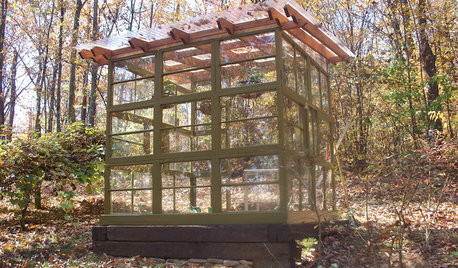
GARDENING AND LANDSCAPINGSee a Family Greenhouse Grown From Scraps
Can-do resourcefulness and less than $400 lead to a new 8- by 8-foot home for plants on a Tennessee family's property
Full Story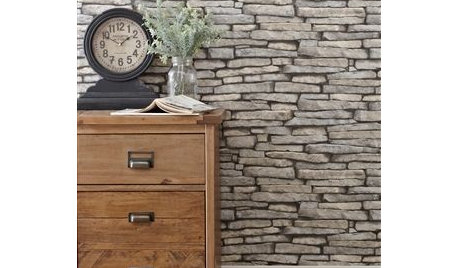
PRODUCT PICKSGuest Picks: Get in Touch With Textured-Effect Wallpapers
Mimic the look of fancy paneling, stacked stone or funky scrap wood with new wallpaper patterns on a trompe l'oeil roll
Full Story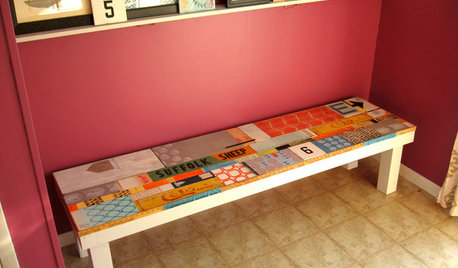
WOODWORKINGDIY Project: Artful Scrap-Wood Bench
Salvage signs, block-printed wood and a secret compartment turn a handmade bench into an interactive work of art
Full Story
HOMES AROUND THE WORLDWorld of Design: 11 Book Lovers and Where They Like to Read
Bibliophiles across the globe reveal their top books and favorite reading spots, from a 2-story library to an artfully curated book nook
Full Story
BATHROOM DESIGNBath Remodeling: So, Where to Put the Toilet?
There's a lot to consider: paneling, baseboards, shower door. Before you install the toilet, get situated with these tips
Full Story
GREAT HOME PROJECTSHow to Get New Wallpaper and Wallcoverings
Learn about the inventive treatments available today, where to use them and how to find expert installers
Full Story
MOST POPULARHow to Get Rid of Those Pesky Summer Fruit Flies
Learn what fruit flies are, how to prevent them and how to get rid of them in your home
Full Story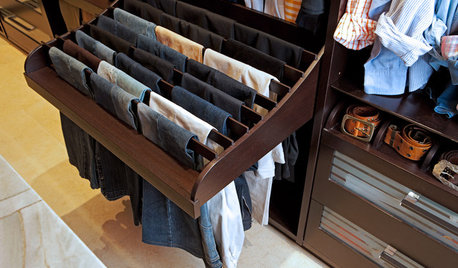
CLOSETSThe 15 Most Popular Closet Luxuries on Houzz
Turn distressing disarray into streamlined perfection with closet organizers and amenities like these
Full Story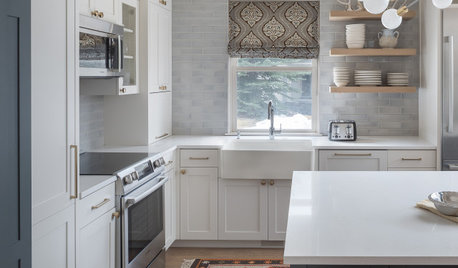
ORGANIZING7-Day Plan: Get a Spotless, Beautifully Organized Kitchen
Our weeklong plan will help you get your kitchen spick-and-span from top to bottom
Full Story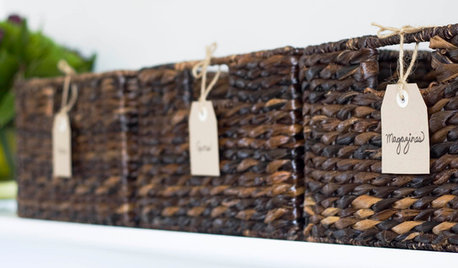
ORGANIZINGGet Organized: Are You a Piler or a Filer?
Tote out the bins and baskets and learn how to be an organized piler if file cabinets leave you cringing
Full StoryMore Discussions







gardengal48 (PNW Z8/9)
elisa_z5
Related Professionals
Parole Landscape Architects & Landscape Designers · Wilmington Landscape Contractors · Canby Landscape Contractors · Cornelius Landscape Contractors · Fuquay-Varina Landscape Contractors · Las Vegas Landscape Contractors · Mastic Beach Landscape Contractors · Palos Verdes Estates Landscape Contractors · Pleasant Prairie Landscape Contractors · Bonita Decks, Patios & Outdoor Enclosures · Dedham Decks, Patios & Outdoor Enclosures · Issaquah Decks, Patios & Outdoor Enclosures · Lake Arrowhead Decks, Patios & Outdoor Enclosures · Mebane Decks, Patios & Outdoor Enclosures · Santa Ana Decks, Patios & Outdoor Enclosuresglib
batyabeth
lazy_gardens
samdelok
gardenper
toxcrusadr
greenman62
luckygal